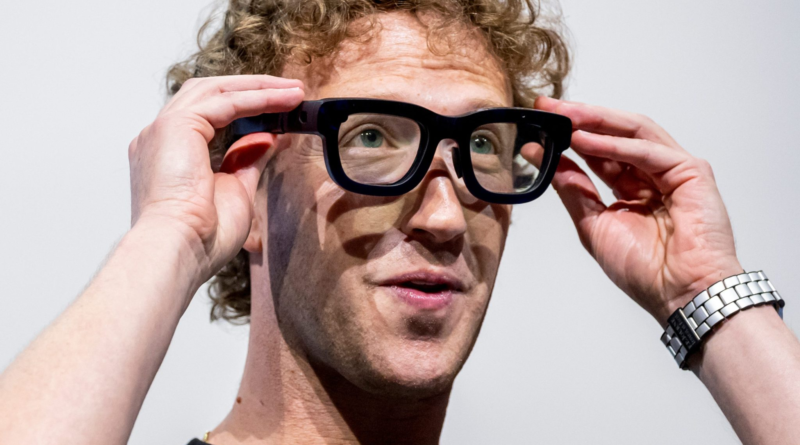Jensen Huang and Mark Zuckerberg each got $76 billion richer this year—equal to Spotify’s market cap
Mark Zuckerberg and Jensen Huang, two of tech’s wealthiest and most famous executives, saw their net worth grow this year by more than anyone else’s on the planet.
The net worth of Huang, the CEO of Nvidia, increased by $76.5 billion so far this year, according to the Bloomberg Billionaire Index. Just behind Huang was Facebook cofounder and Meta CEO Mark Zuckerberg, whose net worth rose by $76 billion in 2024.
That is equal to or exceeds the entire market cap of some companies, such as fellow tech juggernaut Spotify and the spirits maker Diageo, which both have a market cap of $76 billion, as well as CVS ($73 billion), Target ($70 billion), and Capital One ($60 billion).
Zuckerberg and Huang are now the third and 11th richest people in the world, respectively. Zuckerberg, who is behind only Tesla CEO Elon Musk and Amazon founder and executive chair Jeff Bezos on Bloomberg’s rich list, has a total net worth of $204 billion, while Huang is worth $121 billion.
Both Zuckerberg and Huang benefited tremendously from the standout stock performance of the companies they helm. Since the start of the year, Nvidia’s share price has surged 192% and Meta’s went up 65%.
Both Meta and Nvidia are part of the so-called Magnificent Seven of mega-cap tech stocks that have powered much of the past year’s market rally. Investors have rewarded both companies for their solidified market positions—Meta in digital advertising and Nvidia in chip manufacturing—along with their AI-focused innovation pipelines and the steady leadership provided by their executives.
The two executives control substantiation portions of their companies’ shares. Zuckerberg owns about 13.5% of Meta stock, amounting to about 345 million shares. Meanwhile, Huang owns between 3.5% to 4% of Nvidia, totalling about 861 million shares. Nvidia’s stock underwent a 10-to-one stock split in July.
Earlier this year, Huang announced his intention to sell up to 6 million shares by the first quarter of 2025. To do so, Huang adopted a prearranged plan meant to avoid spooking investors and finished selling the 6 million shares in September, ahead of the 2025 date he had previously announced, according to regulatory filings.



